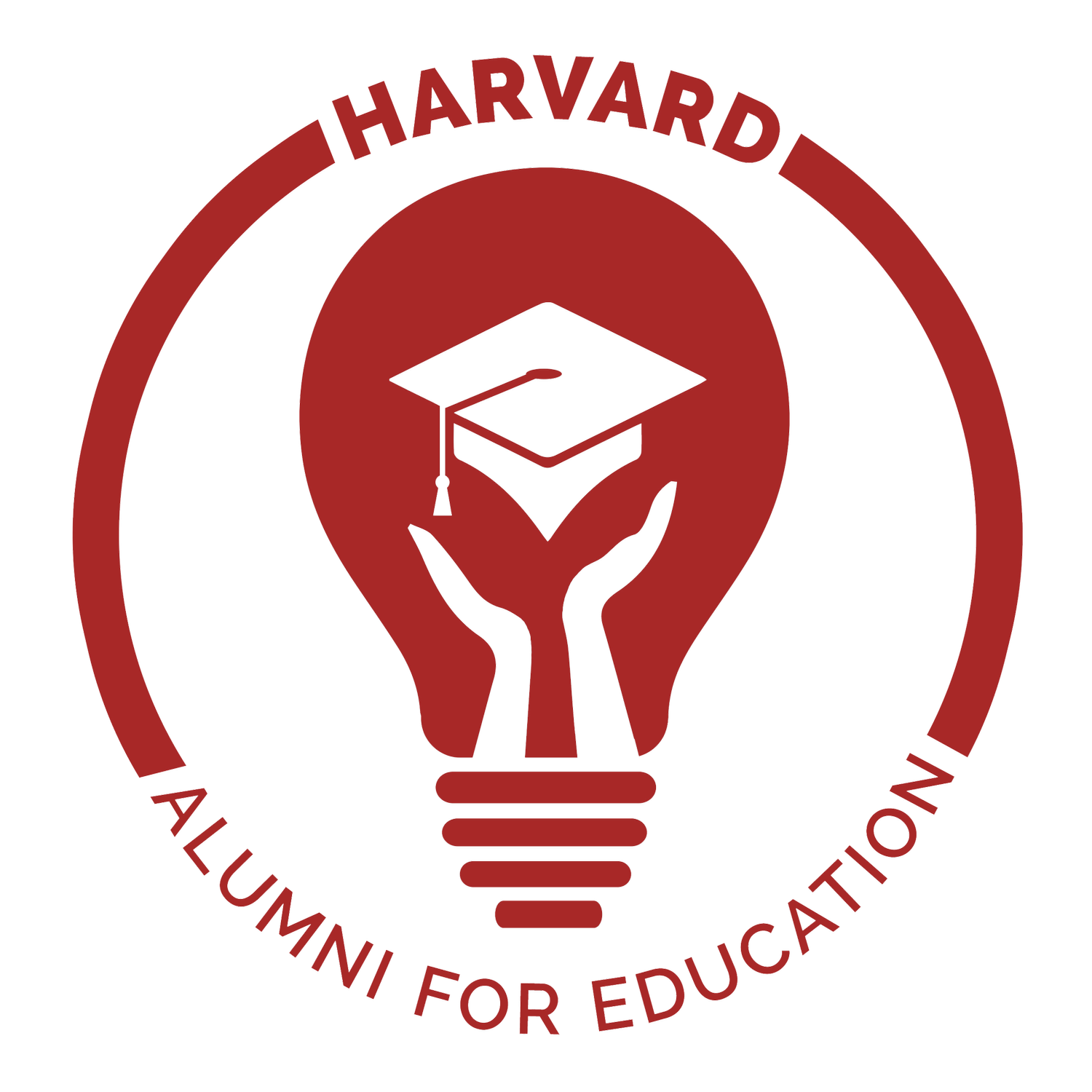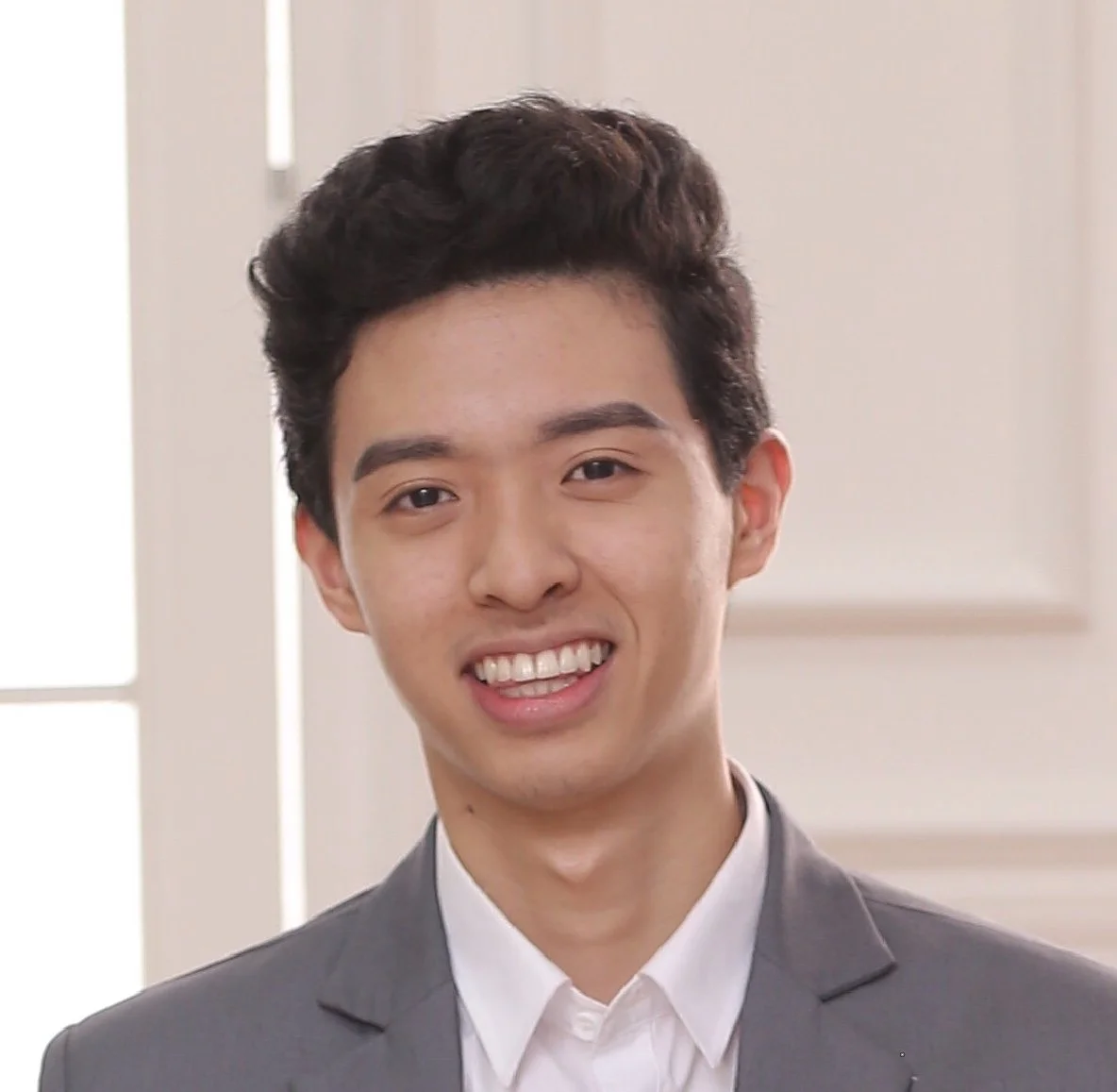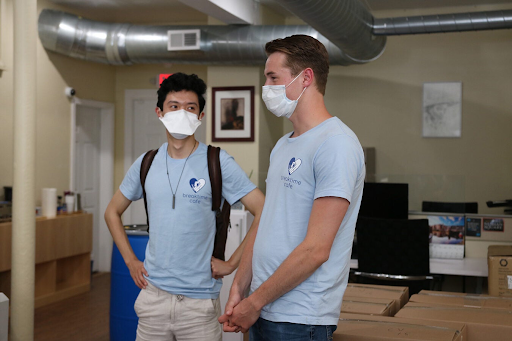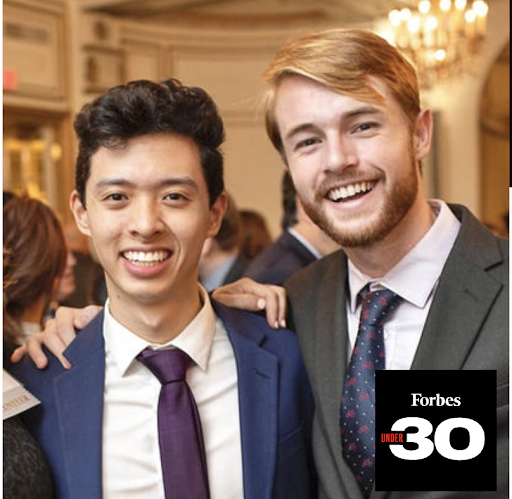Our HAEd intern, Michael Angeloe, interviewed one of our newest HAEd members and recent Harvard 2021 graduate, Tony Shu. Tony founded the non-profit Breaktime with Connor Shoen. Tony is a 2021 Forbes 30 under 30, Boston’s 25 under 25 and is also a current Scholar now in China studying global poverty.
Michael Angeloe: That must have been frustrating [building credibility as young entrepreneurs]. Can you share with us exactly how you were inspired to create BreakTime? Was it really the scenario where you were in Harvard Square and were moved by the unusually large amount of young homeless youth there? Or was there something else or another moment in your life that really gave you the idea for this non-profit?
Tony Shu: It was definitely working in Y2Y. When you actually get to speak with people who are in the shelters and hear their experiences, there's something so striking and often really tragic about why many become homeless at such a young age. For example, some young adults become homeless when they’ve aged out of the foster care system, others maybe came out as LGBTQ+ and then were kicked out of their homes. And so when you hear these stories, it's hard not to be compelled to want to take action. And so to paint the picture of how this became an organization, I remember feeling this strong calling to do something and not just be a volunteer. More than that, I wanted to actually create an organization, because we saw a specific gap.
Michael Angeloe: To realize your vision of building, it must have required sacrifice from all sides, can you share some of those with us today?
Tony Shu: I was really struck by my co-founder, Connor, his commitment stood out. Even though he was on the varsity track team, for example, he left the team to be able to build BreakTime. Both of us made very clear commitments to this issue. We spent the year and the three and a half years since really, working full-time on building BreakTime while still being students. It really took a solid commitment from both of us to bring this about. Our whole philosophy is around how can we empower the young people we employ to do meaningful, purposeful work in the service of others. The jobs they learn are all purposeful. So for example, we have young adults working at food pantries and they're being paid $16 an hour, to basically prepare and serve food to families in need across greater Boston. And so the people they're serving are indeed people like themselves who are struggling, and really need support. And so it's really meaningful for young adults to build their own sense of purpose. And self-confidence through purposeful work like that.
Michael Angeloe: With all the organizing and planning you’d have to do, tell us please, what does day to day work look like for you? Like what do you do on a day-to-day basis?
Tony Shu: That's definitely a hard question because not every day looks the same, but if I had to categorize it involves lots of emails, calls, and zoom meetings. We also have a brick-and-mortar space in downtown Boston. That's what we call our launchpad space. It's really like a kind of community center and classroom-type space. The young adults of BreakTime are there, every day, learning. The facility provides a space where they can meet each other and build personal and professional development skills.
Michael Angeloe: What are some of the other skills the young adults who are helped via BreakTime are able to learn?
Tony Shu: They learn many things besides job training. Things such as how to build credit or even about paying taxes, all of those are very important, and foundational skills of being an adult in this society.
Michael Angeloe: What is the energy like in your launch pad?
Tony Shu: In our space, there's just a lot of energy from people; speaking, learning from each other, asking questions, we have team members in our office spaces, collaborating and creating new programs related to our marketing or fundraising or even new curriculum for our program. And then we have a lot of individuals who are out in the community, meeting with policymakers, taking appointments with other nonprofits, and even those who are working on recruiting young adults for our program. A big priority now is for us to meet with employer partners, because we work with community organizations and governments and other employers to create these jobs. So we're creating these jobs with these other entities.
Michael Angeloe: Where did the idea of job training come in for BreakTime? Normally when people think about people experiencing insecure housing, one reflectively thinks about first making sure they have housing. How did career training become BreakTime’s niche?
Tony Shu: Even though we witnessed young adults experiencing homelessness go through job training programs, they still couldn't get jobs afterward. We're actually expanding the types of roles and opening up careers available to them. That is what we find exciting and why we are currently hiring for a teaching position, which is open to our alumni. And so we actually, at this point, now have a solid group of alumni. We've probably graduated. Um, uh, you know, currently I guess in our whole community, maybe either graduated or are currently employed, um, 60 I'm at old. Right now we have a strong kind of community and have a number of individuals who are interested in, in nonprofit work and teaching work. And so we want to engage young adults or alumni in actually teaching and delivering our program. Uh, we also have alumni help us, uh, uh, you know, tell their stories through our communication platforms and really how we see our marketing or communications or social media is really providing a platform for other young adults to share their voice.
Michael Angeloe: How are you able to manage so many relationships on all the different fronts? And how do you find you are best able to support your team?
Tony Shu: We can only do what we’re doing, because we have a lot of people going out building those relationships on a daily basis. For me, the best thing I can do really is support my team and build a healthy and strong culture by hiring the right people; then providing the BreakTime youth with opportunities, constructive and consistent feedback. And so a lot of my work, outside of my emails and zoom meetings is connecting really closely with our team. For me, team work is most important to me.
Michael Angeloe: Clearly, that's amazing. It's really impressive that you're actually in the day to day work. I'm sure a lot of CEOs today would not necessarily do that, but rather have other people doing the tedious details for them. What is your philosophy of leadership that guides you in your mission?
Tony Shu: I think it's important for leaders to stay really, really close to their operation and mission. And obviously, you can't spend every day or every hour doing that, but having a close perspective on what's going on at the ground level, is really important for every other layer of work. At the same time, we do our best to stay in close contact with previous alumni of the BreakTime program. Many of these youths now serve on our Board of Directors and we make sure that at every level of our organization, we receive consistent input from the people who know best, which are the young adults in our program.
Michael Angeloe: You mentioned BreakTime alumni now participating on the Board of Directors, can you give us a sense of the type of role they play and how they participate with BreakTime?
Tony Shu: We have alumni or current program participants write blog posts about their experience with BreakTime. They share their experience with a variety of societal experiences from racism to dealing with their identities -- and how these came to precipitate their homelessness. Many of the alumni are working with us on every level, including fundraising and pitches to investors. We invite young adults to tell their stories, and that's always incredibly powerful for donors and investors to understand who are the people actually behind our mission, because there's only so much you can convey through a presentation. Actually having adults who were once homeless and now have housing and received on-the-job-training with livable wages -- is so powerful. It’s not only meaningful for the investors but for the young people to feel like that their experience was actually going to be empowering, to help other young people with the kind of resources they're able to mobilize.
Mikey: I know you're a Forbes 30 Under 30 Winner, what advice would you have for others when applying?
Tony Shu: I would say the most important thing is making sure you have a deep understanding of the problem you’re trying to solve. When you think you understand why a particular problem is happening, always go one layer deeper because often there is another layer. And so for us, the problem we’re addressing is homelessness. However, if you go one layer deeper you learn young adults experiencing homelessness need jobs, and going a layer deeper you learn that to have jobs, people need job training. It’s also important to recognize the problem from different perspectives. For example, few employers are willing to provide homeless youth their first job. And then, you keep going deeper and you get to the specific gap that you're addressing.
Mikey: That's simply a great piece of information. Thank you for that. How can regular people participate and help with BreakTime? And what’s next for you personally?
Tony Shu: Yeah, I think, one of the most important things for every individual, anyone reading this is, to educate yourself on the causes and experience of homelessness. It doesn’t have to be a stigma. Please visit BreakTime.org. In the meantime, I’ve accepted a placement as a Shortman Scholar where I will learn more about homelessness from a global perspective.
Visit: Breaktime to learn more: https://www.breaktime.org/



